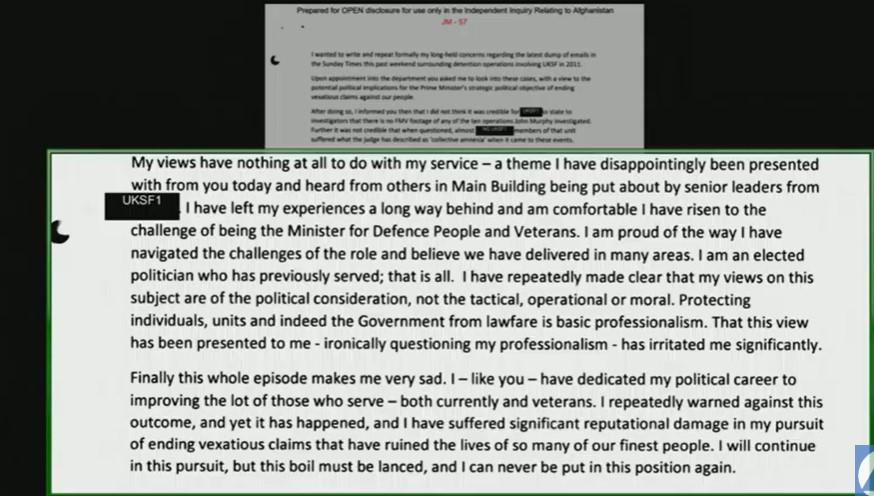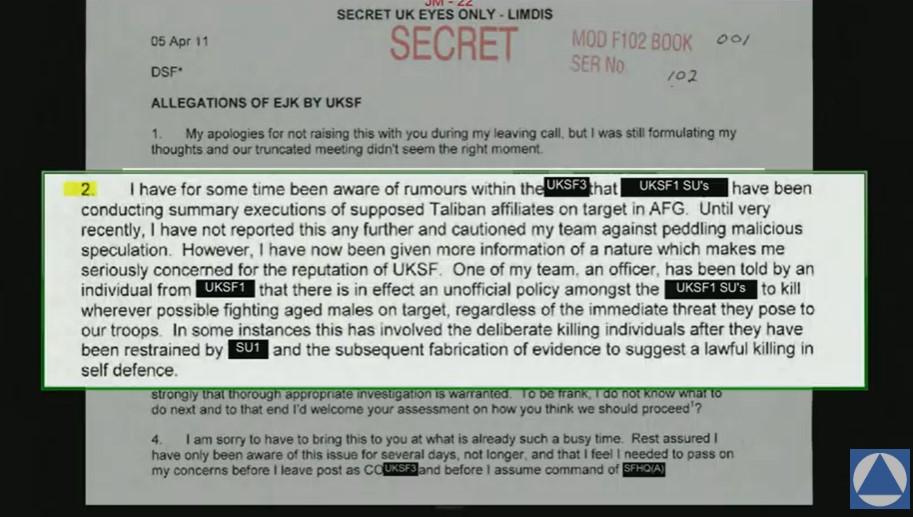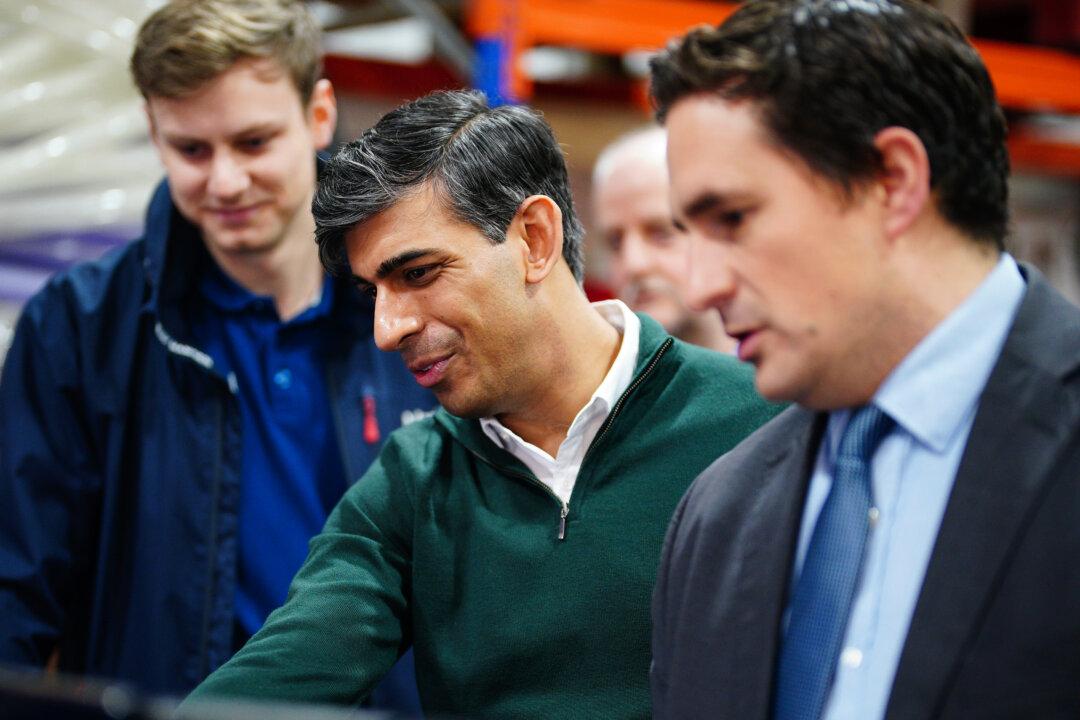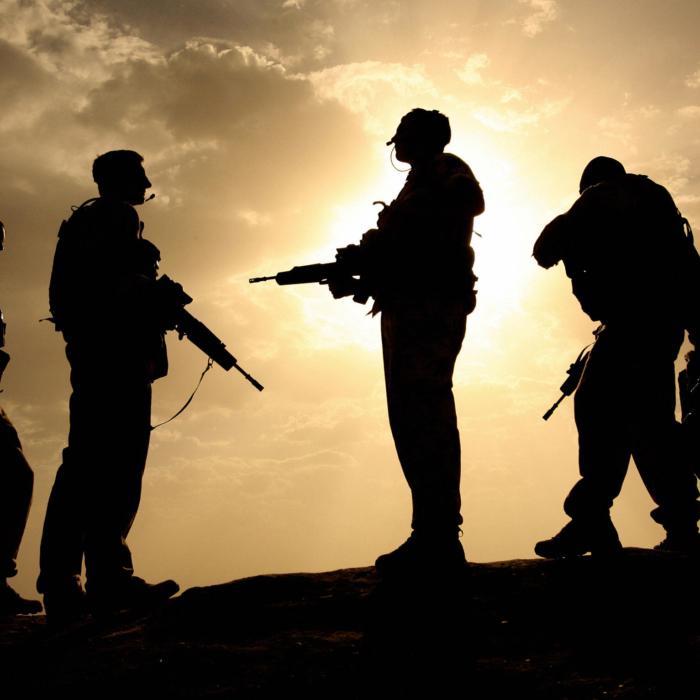The chair of a public inquiry into serious allegations against the UK special forces in Afghanistan has warned veterans’ minister Johnny Mercer of the “potentially serious legal consequences” of his refusal to answer questions and name his sources.
The independent inquiry into Afghanistan, sitting at the Royal Courts of Justice in London, is investigating allegations UKSF1, a unit of British special forces, executed Afghan men—sometimes unarmed and presenting no threat—between 2010 and 2013.
After he concluded his evidence on Wednesday morning the chair, Sir Charles Haddon-Cave, told him he found his decision not to answer certain questions “disappointing and surprising” and “completely unacceptable.”
Sir Charles told Mr. Mercer, “It gives rise to potentially serious legal consequences, which may need to be put in train.”
He warned the minister: “I have very significant powers, under the Inquiries Act 2005, which I would prefer not to have to use. But be assured Mr. Mercer that I will, if necessary.”
Mercer Refusing to Break ‘Omerta’
Sir Charles told Mr. Mercer, “You need to decide which side you are really on, is it assisting the inquiry fully ... and the public interest and the national interest in getting to the truth of these allegations quickly for everyone’s sake, or being part of what is in effect omerta, a wall of silence.”Earlier Mr. Mercer told Oliver Glasgow, KC, counsel to the inquiry, “If you truly want to get to the centre of these allegations, which I believe you do, and I believe the chair does, there is no point trying to frame whether I’ve taken an oath to tell the truth or not.”
Mr. Mercer, who served in the UK special forces but left the army in 2014 and became a Conservative MP the following year, added: “This court doesn’t intimidate me. You don’t intimidate me. I will try and help you ... as much as I can. But that is the same for individuals who will come before this court. They are not intimidated by being in this court.”
Earlier Mr. Mercer admitted he felt angry and believed he had been “gamed” by senior military officers and the-then Defence Secretary Ben Wallace over allegations against the UK special forces in 2020.

Mr. Mercer was appointed a junior defence minister in 2019 and was asked to “get to the bottom” of allegations concerning UKSF1.
Mercer Felt He Had Been ‘Gamed’ by Top Brass
Mr. Mercer said he felt he had been “gamed” by Mr. Wallace and the military’s top brass such as then-Director of Special Forces Sir Roland Walker and then-Chief of the General Staff Gen. Sir Mark Carleton-Smith, who he felt were using him to push through two contentious pieces of legislation—the Overseas Operations Bill and the Northern Ireland Troubles (Legacy and Reconciliation) Bill—while keeping him in the dark about the Afghanistan allegations.“Politics is a dodgy sport at the best of times,” said Mr. Mercer, who was sacked as veterans’ minister in April 2021, reappointed in July 2022, only to be fired by former Prime Minister Liz Truss two months later and finally brought back by Prime Minister Rishi Sunak in October 2022.
Mr. Mercer said that in the summer of 2020 he felt he had been badly let down by “senior leaders in the MOD [Ministry of Defence] and UKSF [UK special forces].”
Mr. Glasgow went through a list of key individuals and Mr. Mercer confirmed he was referring to the director of special forces, the chief of the general staff, and Mr. Wallace.
But he later insisted he did not think Mr. Wallace had “misled” him and instead believed the defence secretary was simply “wrong.”
Mr. Glasgow then read out a letter Mr. Mercer wrote to Mr. Wallace in which he said “this boil must be lanced,” and “I can never be put in this position again.”
Mr. Glasgow asked him what the “boil” was which needed lancing and Mr. Mercer said it was the allegations about UKSF1 in Afghanistan.
Later Mark Nicol, the Daily Mail’s defence and diplomacy editor, was asked about two articles he wrote, the first of which was headlined: “The truth about SAS’s shoot to kill night raids. By hero of 200 secret ops.”
Mr. Glasgow read out one excerpt, which said, “A former SAS soldier has admitted to the Mail on Sunday that illegal killings were an unwritten rule of the job but strongly defended the regiment’s actions.”
In another excerpt Mr. Nicol wrote the SAS, “killed more than 600 enemy fighters, some of whom could have been captured.”

Journalist Confirms Veracity of SAS Confession Article
It went on, “The soldier insisted there was no point taking prisoners because they will be released days after being handed over to the Afghan police.”Mr. Nicol, who has reported on the SAS since 2001 and visited Afghanistan three times, was asked by Mr. Glasgow if he had carried out “due diligence” on his source and he confirmed he had known him for many years.
On Tuesday afternoon Mr. Glasgow read out a letter written in 2011 by the commander of another special forces unit, UKSF3, which said he had received “information of a nature which makes me seriously concerned for the reputation of UKSF.”
The commander, known only as EJK, wrote, “One of my team, an officer, has been told by an individual from UKSF1 that there is in effect an unofficial policy ... to kill wherever possible fighting-age males, regardless of the immediate threat they pose to our troops.”
The inquiry continues and is expected to be completed later this year.







